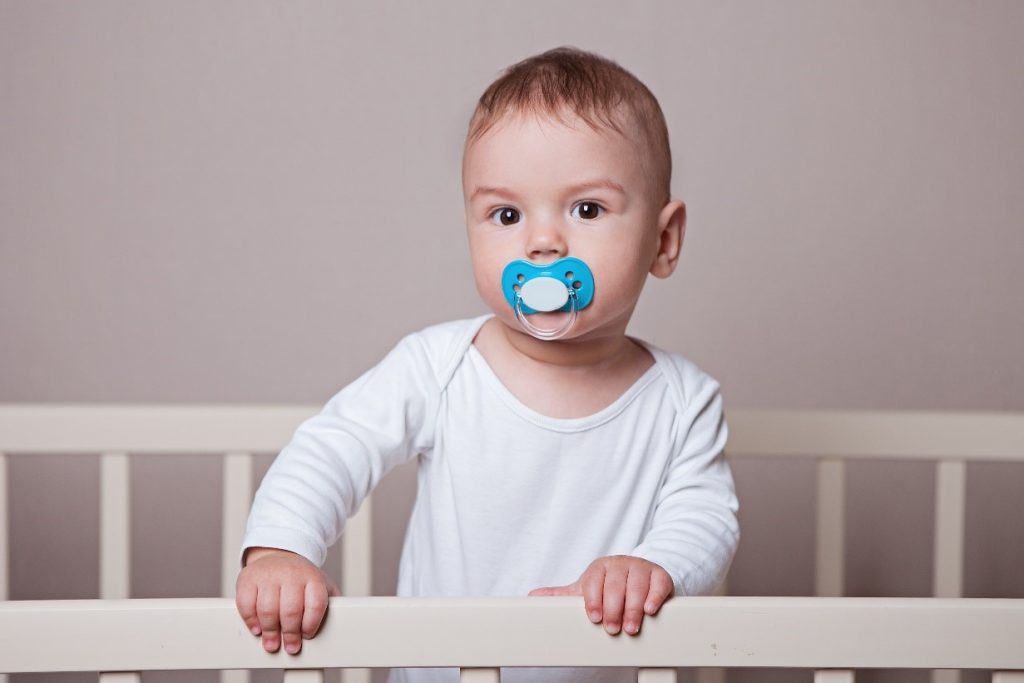New study sheds light
A new study has determined dummies, bottles and thumb sucking in the early years of life do not impair or worsen phonological development in children.
The research, published in Folia Phoniatrica et Logopaedica, involved analysing the sucking behaviour of 199 pre-schoolers to see if their speech had been impacted but no link was found.
The study
The study’s lead author Dr Elise Baker said questionnaires were given to the parents of participating children about their child’s nutritive and non-nutritive sucking habits.
“We looked at their…dummy use, their thumb sucking, breast feeding and bottle use,” Dr Baker said.
“We wanted to find out from parents, did they give their child a dummy? And if so, at what age did the child give it up?”
134 children had a phonological impairment and 65 had no speech problems, but the data showed that the rate of dummy use was similar for both groups.
Children that had an impairment used a dummy 59.7 per cent of the time, while children who didn’t have a speech impairment still used dummies 54 per cent of the time.
The connection
Dr Baker also said the sucking behaviours of children suffering from moderate and severe speech problems were looked at, but no link was found.
“This common speech problem is not to do with the mouth, it is more to do with the mind – how children are storing words in their mind, and their understanding of the sounds in the language and the rules for which sounds are used in the words,” she said.
“So, it makes more sense that it aligns with it being a language-based speech difficulty, rather than something going on in the mouth.”
Phonological impairment happens when a child finds it hard to learn how to use speech sounds properly and in the right context.
Dr Baker said that for children aged:
- 2 years old, 50 per cent of speech should be intelligible
- 3 years old, 75 per cent of speech should be intelligible
- 4 years old, 100 per cent of speech should be intelligible.
A speech screening with a GP is an easy way to conclude whether your child has healthy speech development.





